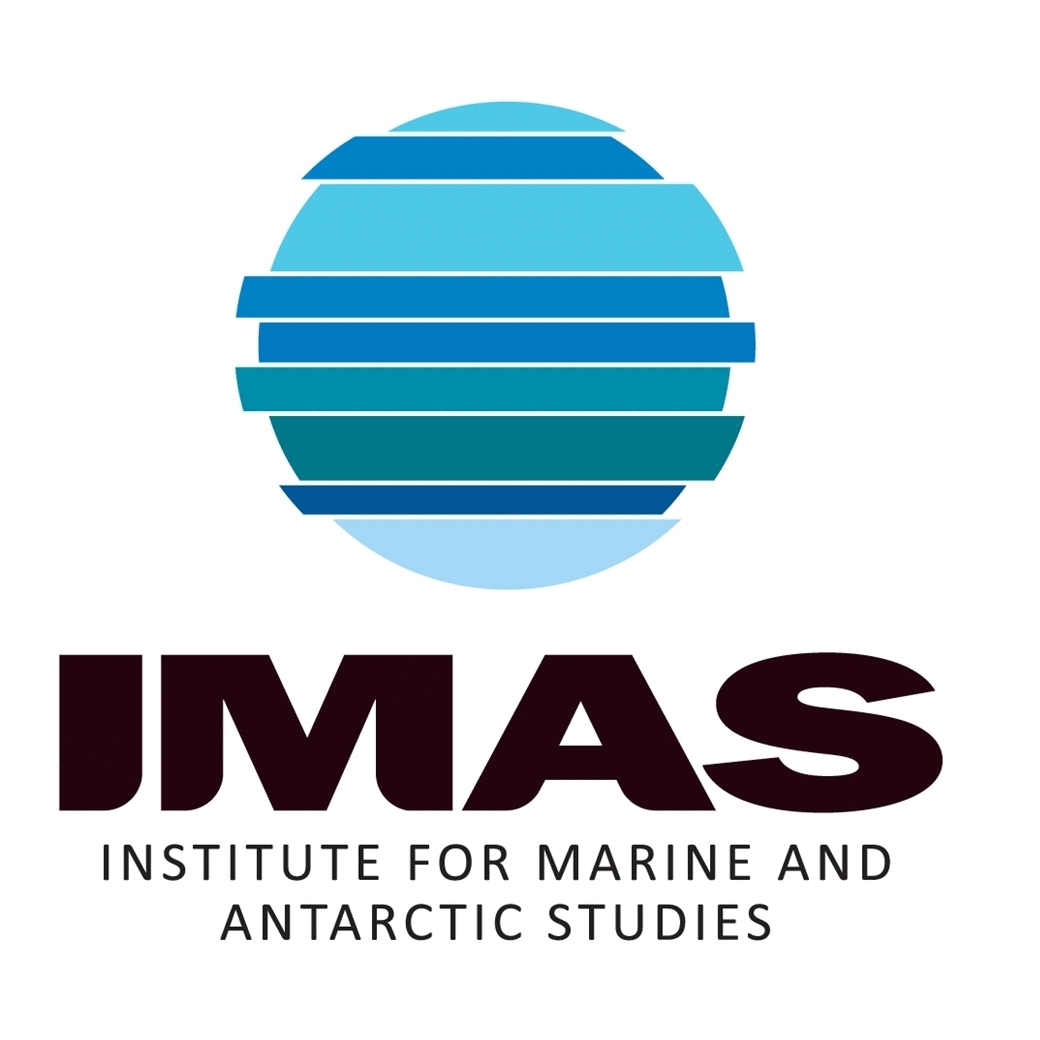NESP MaC Project 1.28 - Future-proofing restoration & thermal physiology of kelp (IMAS)
This record provides an overview of the NESP Marine and Coastal Hub bridging study - "Future-proofing restoration & thermal physiology of kelp". For specific data outputs from this project, please see child records associated with this metadata.
--------------------
Kelp forests create complex habitats that support a diverse and productive community of marine life. They underpin coastal food-webs, fisheries, and a suite of other ecosystem services including nutrient and blue carbon cycling. Across much of the world, kelp forests are in decline and under threat from stressors including urbanisation, overgrazing, ocean warming, and marine heatwaves driven by climate change.
Australia’s giant kelp (Macrocystis pyrifera) forests are listed as a Threatened Ecological Community under the Environment Protection and Biodiversity Conservation Act 1999. Habitat restoration is a potential tool for the conservation and management of giant kelp ecosystems. Given the direct impacts of climate change and ocean warming, there is growing recognition of the need for habitat restoration to be ‘future proofed’.
For restoration to be effective, the cause of habitat decline must be understood and overcome. This is problematic when climate change is driving habitat loss since it cannot be reversed or ameliorated prior to restoration. A previous NESP project led by this team (NESP Marine Biodiversity Hub Project E7) identified warm-tolerant strains of giant kelp from remnant patches in eastern Tasmania, where the species has experienced precipitous declines due to ocean-warming. These strains have high potential to assist with ‘future-proofing’ kelp forest restoration, however it is still unclear what the physiological mechanisms are that provide their improved thermal tolerance. It is also unknown whether cross-breeding the identified warm-tolerant giant kelp strains will affect and potentially improve their thermal tolerance capacity.
This project explored the physiology of kelp thermal performance, specifically the mechanisms potentially responsible for the warm water tolerance identified in particular giant kelp strains. It confirmed the improved ability of the warm-tolerant strains to develop at stressful warm temperatures relative to normal giant kelp, and demonstrated for the first time that their improved thermal performance may extend to the development and fertilisation. The outcomes progress toward the identification of populations of Australian kelp that may be resilient to (or especially threatened by) ocean warming and climate change.
Outputs
• Ecophysiological measurements from laboratory experiments of warm-tolerant vs average giant kelp genotypes [dataset]
• Final Project Report including a short summary of recommendations for policy makers of key findings [written]
Simple
Identification info
- Date (Creation)
- 2021-03-01
Identifier
Resource provider
Principal investigator
Principal investigator
Collaborator
Collaborator
- Purpose
- To to identify the mechanism(s) underpinning the thermal tolerance of the previously identified warm-tolerant giant kelp strains.
- Credit
- National Environmental Science Program (NESP) Marine and Coastal Hub
- Credit
- Department of Climate Change, Energy, the Environment and Water (DCCEEW), Australian Government
- Credit
- In addition to NESP (DCCEEW) funding, this project is matched by an equivalent amount of in-kind support and co-investment from project partners and collaborators.
- Status
- Completed
Point of contact
Point of contact
- Topic category
-
- Biota
Extent

Temporal extent
- Time period
- 2021-09-01 2022-05-30
- Maintenance and update frequency
- As needed
- Keywords (dataSource)
-
- National Environmental Science Program (NESP) Marine and Coastal Hub
- Keywords (Theme)
-
- climate change
- kelp forest
- ocean warming
- restoration
- temperature
- Keywords (Taxon)
-
- Macrocystis pyrifera
- giant kelp
Resource constraints
- Classification
- Unclassified
Resource constraints
- Use limitation
- This project was funded by the Australian Government Department of Climate Change, Energy, the Environment and Water (DCCEEW) through the NESP Marine and Coastal Hub.
Resource constraints
- Linkage
-
http://i.creativecommons.org/l/by/4.0/88x31.png
License Graphic
- Title
- Creative Commons Attribution 4.0 International License
- Website
-
http://creativecommons.org/licenses/by/4.0/
License Text
- Character encoding
- UTF8
Distribution Information
Metadata
- Metadata identifier
- urn:uuid/77199302-f841-4d07-902b-b45c633276ab
- Language
- English
- Character encoding
- UTF8
Point of contact
- Parent metadata
Type of resource
- Resource scope
- Field session
- Name
- MaC Hub Project 1.28
- Metadata linkage
-
https://metadata.imas.utas.edu.au/geonetwork/srv/eng/catalog.search#/metadata/77199302-f841-4d07-902b-b45c633276ab
Point of truth URL of this metadata record
- Date info (Creation)
- 2022-03-01T12:00:00
- Date info (Revision)
- 2025-07-03T09:44:02
Metadata standard
- Title
- ISO 19115-3:2018
Overviews

Spatial extent

Provided by

 IMAS Metadata Catalogue
IMAS Metadata Catalogue